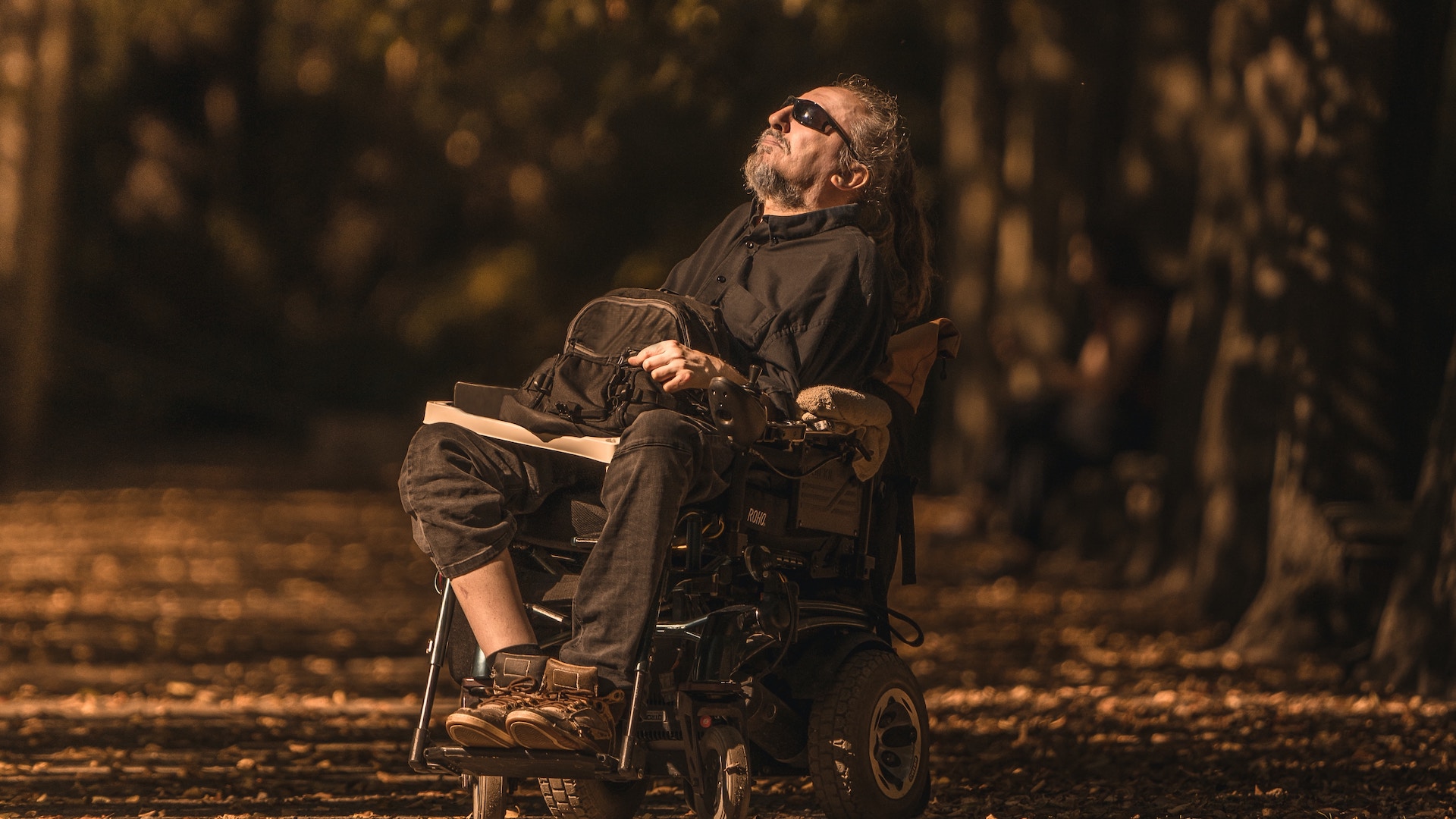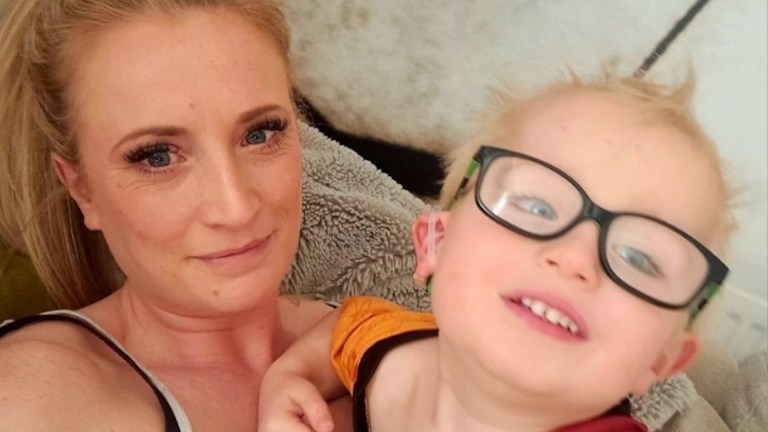New analysis from the BBC has found that the changes would save £4bn from the welfare budget over four years, but it will come at a cost for disabled and seriously ill people.
A spokesperson for Disabled People Against Cuts told the Big Issue: “We think these plans are hugely dangerous and will lead to many more unnecessary deaths of disabled people who might be forced to try to work when they are too unwell.
“These supposed work-from-home jobs simply don’t exist in the real world so disabled people who may lose £390 a month will simply be pushed further and further into poverty.”
The DWP announced plans to abolish work capability assessments earlier this year. It will instead determine whether someone is eligible for the health element of universal credit through PIP assessments.
Hundreds of Big Issue readers have written to share their “stressful and depressing” experiences with PIP assessments, following our reporting that disabled people are “set to fail” by the benefits system.
Louise Rubin, head of policy at disability equality charity Scope, explained to the Big Issue: “We’re worried these proposals will end up forcing huge numbers of disabled people to look for work when they aren’t well enough, making them more ill. If they don’t meet strict conditions, they’ll have their benefits stopped.
Advertising helps fund Big Issue’s mission to end poverty
“While the flawed work capability assessment should be scrapped, the government must not replace one out-of-touch test with another. Rushing these proposals through during a cost of living crisis is deeply unhelpful.”
It is not just universal credit claimants who will be impacted but also those receiving the support element of the employment and support allowance.
The BBC reports that if the proposals go ahead, people who are in severe pain while awaiting an operation or have some mental health conditions, such as depression and anxiety, may not receive the additional payment but would be expected to look for work.
Rubin said: “Some people in the groups affected do want to work and could benefit from tailored, flexible employment support. But forcing disabled people into unsuitable jobs and cutting financial support will be disastrous.
“The government has the opportunity to create a system which works for disabled people instead of against them. But they must focus on genuinely improving employment outcomes for disabled people, not on reduced benefit spend.”
The government plans to tighten work capability assessments while they are still in use, which charities have warned could cause “huge anxiety” and mean “sanctions” for people with serious mental and physical health conditions.
Advertising helps fund Big Issue’s mission to end poverty
Proposed changes include reflecting “improved employer support in recent years for flexible and home working” – meaning a person with a disability is more likely to be approved as ‘fit to work’ during a work capability assessment.
Dan White, a disability campaigner, posted on X: “I’m just flabbergasted by the ghoulishness, callousness and ableism from this soulless government. These benefit changes would see many more people forced to find work despite suffering from a range of physical and mental health conditions. Utter evil.”
The government recently conducted a consultation into the proposals, but campaigners said it was too short to allow experts and disabled people to have their say on the plans.
Anti-poverty charity Z2K has written an open letter to the work and pensions secretary Mel Stride, responding to the consultation which lasted just eight weeks.
“It has not been feasible to meaningfully engage our networks with lived experience on such a complex area in this timeframe,” it said. “This challenge has been made greater by the lack of clarity in the consultation documents, in particular the accessible versions. We are aware that we are not the only organisation to have faced this challenge.”
A disabled activist Ellen Clifford has launched a legal challenge calling for a fresh consultation on the plans.
Advertising helps fund Big Issue’s mission to end poverty
Ayla Ozmen, director of policy and campaigns at Z2K, said: “Z2K is firmly against the dangerous proposals in the work capability assessment consultation. But the way in which this rushed consultation has been handled, so soon after the government was taken to court over the Disability Action Plan, makes it even worse. It shouldn’t take legal action for DWP to do the right thing, but we wish this case every success.”
Sir Stephen Timms, Labour MP and chair of the Work and Pensions Select Committee, said: “Rather than supporting disabled people into work, saving money is the primary motive here. I do not support the government’s proposals.”
He added: “The consultation’s aim to ‘support more disabled people into work’ will not be successful through punishing the disabled community with sanctions and reducing their income. It will only ensure more disabled people will be pushed into poverty, especially given the current economic climate, with increased deterioration to their health.”
A DWP spokesperson told the BBC: “The structural reforms set out in the Health and Disability White Paper, which will improve the experience of the benefits system for disabled people, will be rolled out gradually from 2026 and transitional protection will ensure nobody experiences a financial loss as a result of moving onto the new system.”
The DWP previously provided a similar response to The Big Issue, but Z2K’s Ayla Ozmen explained: “The key point is that this is transitional: over time, those 516,000 people will feel the full force of this cut unless they successfully apply for PIP.
“And anyone not well enough to work who makes a new claim to universal credit after the reforms are in place, who doesn’t or can’t get PIP, will get nearly £400 a month less than they would under the current system.”
Advertising helps fund Big Issue’s mission to end poverty
Anastasia Berry, policy co-chair of the Disability Benefits Consortium and policy manager at the MS Society, says: “These reported changes to the work capability assessment would result in many disabled people, including those with MS, losing out on substantial amounts of money – money that is there to protect them at a time when they are too unwell to work. Instead, many would be forced to look or prepare for work that will be impossible for them to do without risking their health.
“[More than] 130,000 people live with MS in the UK, and while many would like more support to get back into work, penalising those already struggling to make ends meet with financial loss and the threat of sanctions is not the way to do this.
“We’re concerned this approach could be damaging to the health and wellbeing of disabled people. Instead, the government must help those wanting to return to work by focusing on improving employment support, access to healthcare and schemes like Access to Work.”
Fazilet Hadi, head of policy at Disability Rights UK, added: “The current UK government has plans to limit and then scrap the work capability assessment which, whatever its faults, protects seriously disabled people from being forced to seek work or being subjected to a hostile sanctions regime. We now learn that the purpose of the changes is to save an estimated four billion pounds.
“Instead of driving disabled people into poverty through lowering benefits and or forcing people into low paid work, the government should be doing more to support disabled people to flourish, by understanding the causes of higher levels of disability within the working age population, investing in employment advice and support targeted at disabled people and strengthening employment laws on flexibility and reasonable adjustments.
“Five million disabled people are in employment and many more would like to join us, so why doesn’t government focus on making this happen rather than penalising those who can’t work?”
Advertising helps fund Big Issue’s mission to end poverty
Get the latest news and insight into how the Big Issue magazine is made by signing up for the Inside Big Issue newsletter
Do you have a story to tell or opinions to share about this? We want to hear from you. Get in touch and tell us more.









